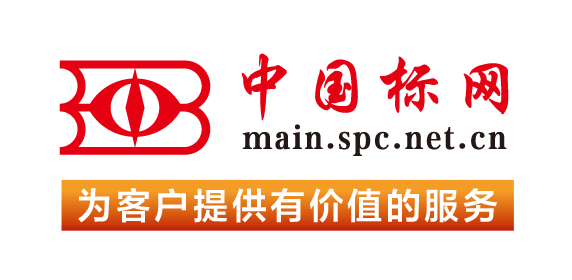This standard applies to voltage-endurance testing of form-wound stator winding bars and coils having a mica-based insulation system with theremo-setting polyester and/or epoxy resins used in hydrogenerators and pumped storage generators operating in air with a rated line-to-line voltage between 4 000 to 22 000 V, and a frequency of 50 Hz or 60 Hz.
This recommended practice covers the voltage endurance testing of form-wound bars and coils for use in large rotating machine stator windings. Such testing is defined for machines with a nominal voltage rating up to 30 000 V. These tests are to be applied at 50 Hz or 60 Hz and may be done at either room temperature or elevated temperature. (Testing at 50 Hz or 60 Hz may yield different times to failure for comparable samples.) The specimen to be tested should be representative of the bars or coils used in the machine, and should include the complete insulated bar and external grading construction that the machine winding would have. Special features different than those used in the machine should not be added to the test specimens.
This standard applies to voltage-endurance testing of form-wound stator winding bars and coils having a mica-based insulation system with theremo-setting polyester and/or epoxy resins used in hydrogenerators and pumped storage generators operating in air with a rated line-to-line voltage above 4000 V and a frequency of 50 Hz or 60 Hz.
This procedure is intended for form-wound bars/coils for rotating machines rated 10 kV or more at 50 Hz or 60 Hz that are subjected to many transitions from no-load to full-load current during normal operations, and where rapid load variations are typical. Only the thermal cyclic degradation within the groundwall insulation and/or the conductor package and delamination of the groundwall insulation from the conductor are addressed by this test. Examples of machine types that typically exhibit… read more rapid load transitions include: -- Combustion turbine generators -- Pumped storage or peaking duty hydrogenerators -- Synchronous condensers -- Cyclic duty water pump motors Various pass/fail criteria are presented, and the ones that apply in a specific circumstance must be agreed between the user and the manufacturer prior to commencement of testing. Whether a particular bar or coil has passed or failed is best determined by comparing the test results from a number of stator bars or coils. read less
This guide makes suggestions on testing the dielectric strength of the insulation separating the various turns from each other within multi-turn form-wound coils to determine the acceptability of the coils. Typical ratings of machines employing such coils normally lie within the range of 200 kW to 100 MW. Test voltage levels described herein do not evaluate the ability of the turn insulation to withstand abnormal voltage surges, as contrasted to surges associated with normal operation. These suggestions apply to the following: a) Individual stator coils after manufacture b) Coils in completely wound stators of original manufacture c) Coils and windings for rewinds of used machinery d) Windings of machines in service to determine their suitability for further service (preventive-maintenance testing) The repetitive voltage surges (spikes) associated with Adjustable Speed Drives (ASDs) are not addressed here.
This recommended practice outlines a test procedure for the evaluation of the impulse voltage capability of insulation systems of form-wound alternating current rotating electrical machinery. This test procedure forms a base for the accumulation, analysis, and reporting of information concerning impulse voltage withstand strength of ground and turn insulation, both new and aged. The immediate goal is a better understanding of relevant aging mechanisms; the ultimate aim of this document is to… read more aid in estimating life of an insulation system under speciÞed service conditions. It must be emphasized that this test procedure is intended, at this time, for trial use. Future revisions, made after experience with it, should result in more deÞnitive speciÞcations being possible. This procedure recommends the use of multi-factor aging tests, combining thermal and electrical aging in order to address the withstand capability of micaceous insulation. Variations of this procedure may be tried, such as for voltage ratings other than 6.9 kV and 13.8 kV, for turn insulations other than mica, and for various impulse wave forms. The procedure is primarily directed toward providing a qualification test for the turn insulation in regard to its ability to withstand impulses that might be impressed on the terminals of a machine and that result from switching surges, lightning, or other disturbances. It will also provide information on the ability of the ground insulation to withstand impulses. In addition, the test model used in the tests described herein will be suitable for testing the strand insulation, if that is desired, although it is not a function of this qualiÞcation test procedure. read less
 我的标准
我的标准 购物车
购物车 400-168-0010
400-168-0010











 对不起,暂未有相关搜索结果!
对不起,暂未有相关搜索结果!













